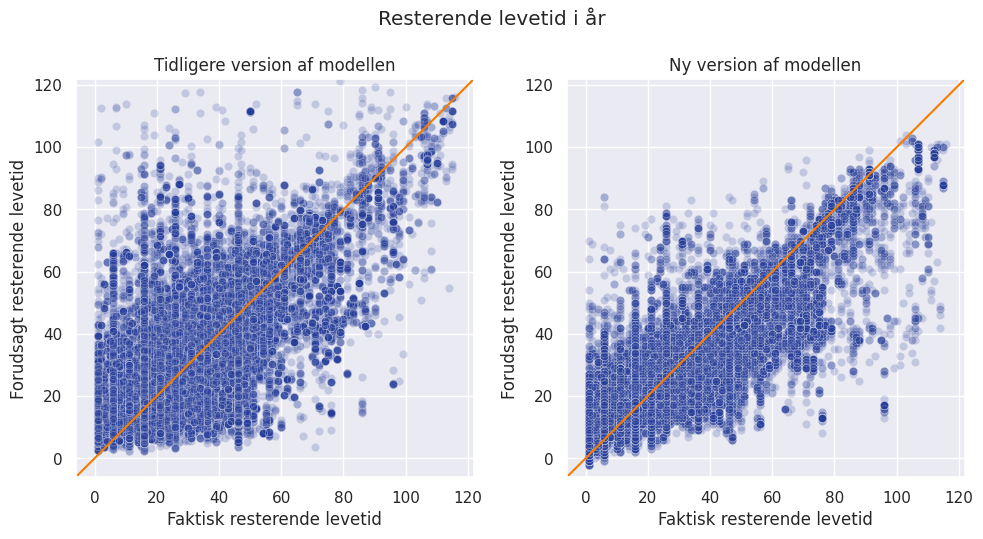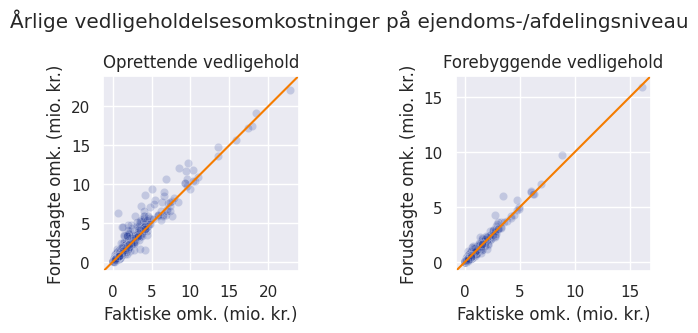Rebecca Siebenschuh is a student at HWZ University of Applied Sciences in Business Administration Zurich, where she’s pursuing a CAS in Smart Real Estate AI, Data, and Values. We had the pleasure of meeting Rebecca during her study visit to Copenhagen, where she was working on her final thesis. During her visit, Rebecca took a deep dive into the Swiss real estate market and focused on how AI-driven solutions, like those offered by proprty.ai, can help tackle some of the biggest challenges in the industry. As part of her thesis, Rebecca aimed to understand how the Swiss real estate sector could benefit from smarter, more efficient processes, especially given the growing pressure around sustainability and the need to digitize outdated practices. It’s been exciting to see how Rebecca’s research highlights the potential of AI to reshape the market, and we’re thrilled that our platform could play a role in her findings.
The biggest problems in Swiss Real Estate
Switzerland’s real estate market is massive, with 3 million buildings and a value of CHF 3.1 trillion. However, despite its size and potential, the industry faces major hurdles. Outdated processes, fragmented data, and unpredictable maintenance costs are slowing progress. On top of that, there’s increasing pressure to meet sustainability goals, adding another layer of complexity. These challenges drive up costs, delay decision-making, and lead to inefficiencies—issues that AI is perfectly equipped to tackle.
How AI can change the game
Rebecca’s research dives into how AI-powered platforms like proprty.ai can solve these problems. Instead of relying on outdated methods, AI can help centralize data, predict when maintenance will be needed, and automate workflows. This means property managers won’t need to waste time sorting through spreadsheets and old systems. With AI, they’ll have real-time insights at their fingertips, allowing them to make quicker and better decisions.
AI also helps with sustainability efforts. By simplifying ESG reporting (which focuses on environmental, social, and governance factors), AI can make it easier for real estate companies to meet their sustainability targets, ensuring that their buildings stay compliant with the latest regulations.
Bringing AI to the Swiss Market
To successfully introduce AI into Swiss real estate, Rebecca outlines a step-by-step strategy:
1. Form strong partnerships with key players to build credibility and integrate with the existing ecosystem.
2. Launch pilot projects with major industry stakeholders to test AI-driven insights and demonstrate real-world impact.
3. Scale up and localize by adapting to Swiss regulations, expanding multilingual support, and refining the platform based on user feedback.
Her thesis suggests that by following this approach, proprty.ai can drive real change in Swiss real estate and position itself as a leader in the industry’s digital transformation.
AI is the future
After reading Rebecca’s research, we’re more convinced than ever that AI is the key to modernizing the Swiss real estate market. The challenges she highlighted—scattered data, unpredictable maintenance costs, and the pressure to meet sustainability goals—are real pain points that proprty.ai is uniquely positioned to solve
We see Rebecca’s work as more than just a thesis—it’s a clear roadmap for how we can successfully enter the Swiss market. Her suggestions around building strong partnerships, piloting with industry giants, and localizing our platform are all steps we’re excited to take. This research has not only mapped out the potential of AI in Switzerland but also provided a strategic framework for our next moves.
By following these insights, we believe proprty.ai can make a lasting impact on Swiss real estate, helping property managers stay ahead of the curve in an industry ripe for digital transformation. We’re excited to turn these observations into action and can’t wait to see where this journey takes us!









